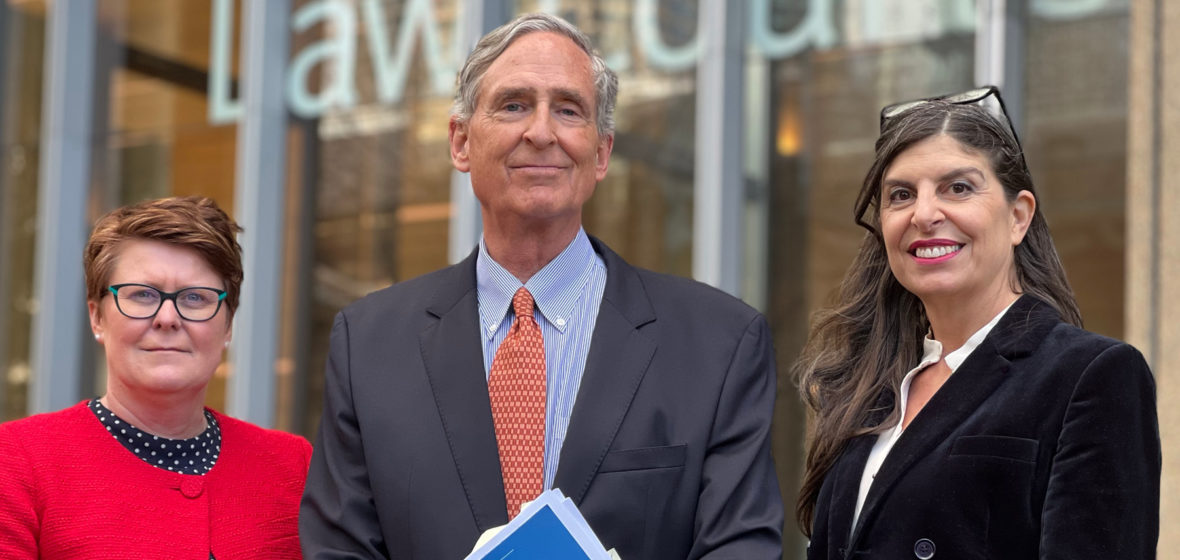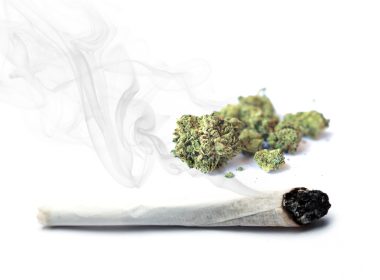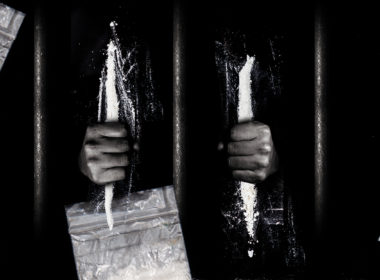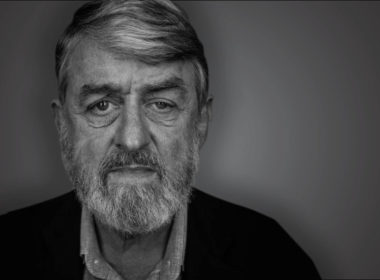“Illicit drug use is a health problem, it is not a crime problem. Yet we are two and a half years down the track. The Government’s response to that report is frozen.”
The heads of the legal profession’s peak organisations have revealed their frustration at the NSW Government’s failure to implement urgent law reform in response to a landmark report on ice addiction, more than two and a half years since it was handed down.
Presidents of the NSW Law Society and NSW Bar Association, Joanne van der Plaat and Gaby Bashir, addressed the media on September 1, alleging they have received no response to their “numerous correspondence” detailing how the delay is clogging up courts and impacting communities across the state.
The pair backed similar claims from the report’s Commissioner, Professor Dan Howard, who said he is still waiting for cabinet to act on the “overwhelming majority” of the more than 100 recommendations supported by the legal and medical professions, addiction specialists and academics.
“It astonishes me that the Government is still sitting on its hands, when so many learned, intelligent and thoughtful people have looked hard at this issue and have produced a blueprint for the way forward,” Howard said.
“I wrote a letter a year and a half ago to the then Premier complaining about the delay in response. I was assured in the reply that I got that there would be a response. That is a long time ago. I can only guess the delay is some old war on drug warriors that cannot see the shining light of the way forward.”
The Special Commission of Inquiry into the Drug ‘Ice’ was ordered by former Premier Gladys Berejiklian prior to the state election in early 2019 and received more than 250 submissions. More than a year later, Howard handed down his findings containing 109 recommendations, including decriminalising the personal possession and use of prohibited drugs.
The Government published its interim response in March 2020, rejecting five key recommendations aimed at harm minimisation, including pill testing and the abolition of drug dogs. Beyond this, the Government has yet to formally respond to the report.

 Joanne van der Plaat, NSW Law Society President
Joanne van der Plaat, NSW Law Society President
Deputy Premier Paul Toole told a budget estimates hearing in late August he understood there would be a legislative response in the remaining sitting weeks of parliament this year.
A spokesperson for the NSW Government told LSJ that “the NSW Government’s response to the Ice Inquiry and associated funding remains under active consideration”.
Other recommendations include greater coordination of alcohol and drug policy, reframing substance use as a health issue, a greater investment in treatment, education and prevention programs and a clear focus on priority populations, especially Aboriginal people, who experience disproportionate impacts.
Van der Plaat said the Government’s “tough on crime” approach simply isn’t working.
“I can confirm we’ve had no response from Government to the several lots of correspondence we have sent in the last two and a half years asking them to get on with their job,” van der Plaat said.
“The government spent millions on listening to experts and to those who have lived experience with illicit drug use. Of 109 recommendations, five were dismissed out hand, and the only offers were the promise of a drug court in Dubbo and a welcome but very small-scale Aboriginal justice package.
“The remainder of those recommendations focus primarily on the reality that illicit drug use is a health problem, it is not a crime problem. Yet we are two and a half years down the track. The Government’s response to that report is frozen.”
Bashir said the organisation supports all recommendations of the inquiry, and there are four “no-brainer” recommendations they want implemented urgently.
“One is depenalisation, which in fact is a state-wide pre-court diversion scheme supported by mandatory tailored health interventions. Instead of … clogging up the court system, users of small portions of drugs are going to have mandatory health interventions. That’s what families need, that’s what the drug users need, that’s what the state needs,” Bashir said.
“Diverting users towards health intervention, education and rehabilitation is being smart on crime, it’s not being soft on crime.
“The Government should urgently increase their investment in specialist alcohol and drug services, to meet significant unmet demand right across the state. It also needs to partner with First Nations communities to develop available local services and drug treatment services that are culturally respectful and culturally competent.”

Regional impact
Howard referred to the work of the Penington Institute in Victoria, which keeps tabs on drug overdoses around Australia. Its latest report for 2020 revealed this was the seventh consecutive year where drug overdoses caused more deaths than car accidents.
The inquiry also found almost 8000 come through NSW jails every year with an ice addiction.
Aboriginal Legal Service Chief Executive Karly Warner said Aboriginal people are “paying the price” and ultimately bear the brunt of heavy penalties and imprisonment.
“Building a fair and evidence-based drug policy for NSW will contribute to closing the gap in imprisonment rates. The Ice Inquiry’s recommendations are a critical first step in that road map to get us there,” Warner said.
This message is echoed by Howard, who engaged in roundtable discussions with Indigenous communities during his research.
“The stories I heard about the difficulty of accessing treatment facilities and accessing help for their drug addiction … were heartbreaking, and they were many,” he said.
“I am still haunted by seeing some Elders in tears at the extent of the problem that is not being addressed in their communities. I don’t mean to single out Indigenous people because this problem affects everybody right across society. But their pleas have especially been ignored and it won’t do.
“Last year, 16 million needles were distributed in NSW. That is the sign of the extent of the drug issue in NSW, and yet we still only have one medically supervised injecting centre. There is a complete disconnect in terms of policy there.
“People are dying while the Government sits on its hands and the report bears that out.”
Van der Plaat said NSW Law Society members across the state continue to be affected by the criminalisation of possession of small amounts of drugs.
“The issue that we see in regional areas is often the inability to have wrap around support services that are provided as well as some of these diversionary measures, through reform,” she said.
“We are seeing it in a very real way. We are seeing some of our smaller communities who were never affected or who were never seen to be affected by illicit drug use now have syringes in local parks, we have them in the streets, and we certainly have them in our courts.”




